
With The Divergent Series: Allegiant, Hollywood’s most dishwater-dull YA franchise hits its messy, moronic nadir (or so we can hope – there’s one more movie on the way, and consequently one more opportunity for the series to sink to uncharted new depths). To be fair, it only just edges out Insurgent (also a thoroughly dismal piece of work directed with consummate lethargy by Robert Schwentke), less because it’s a cinematically inferior work and more because it finally proves, beyond a doubt, that no one involved with this franchise has been able to regain any semblance of control over its creative direction, or even feels it’s necessary to do so (it is).
The Divergent Series has always been a bit of an odd duck in the post-Hunger Games arena of YA filmmaking. Its sociology-lesson setup can be interpreted as some politically relevant comment on conformity and classism, but the series itself is too concerned with athletic action beats and an undercooked central romance to ever critically examine the same themes it feigns to introduce. It wants to praise its protagonist’s “divergence” (i.e. individuality) while molding her in the image of every previous YA heroine out there. And it seems to want to impart the impossible sacrifices of living under a dystopian government without ever forcing its protagonist to make a decision, let alone one of momentous consequence.
Allegiant adds to this cauldron of confusion by inexplicably switching out the series’ central metaphors halfway through its penultimate entry, veering away from class warfare to reveal that the villain has been government-imposed eugenics all along. That transformation feels even more hare-brained than it sounds, given that it’s conveyed through some of the clunkiest dialogue teen audiences will have endured since Bratz.
What little coherence there is in the nonsensical plot finds Tris (Shailene Woodley), beefcake beau Four (Theo James), whiny brother Caleb (Ansel Elgort), fellow Dauntless badass Christina (Zoe Kravitz, a bright spot in the cast), and the duplicitous Peter (Miles Teller) finally climbing over the wall that separates their dystopian version of Chicago from the rest of the world. They’re fleeing Four’s mother, Evelyn (Naomi Watts), who has executed previous dictator Jeanine (Kate Winslet) but inherited some of her megalomaniacal tendencies in ascending to power. Why Peter, who’s been nothing but consistent in betraying his companions, is allowed to tag along looms large as one of the movie’s many unanswered questions – but given that Teller is the only actor injecting life and laughs into an otherwise humorless script, his presence is much appreciated.
On the other side of the wall, Tris and company find themselves in an irradiated desert that falls somewhere between the settings of The Martian and Mad Max: Fury Road (and that’s surely intentional, given how Schwentke thus far has failed to bring a single personal flourish to anything he’s directed). Walking through it, they reach a big, invisible force field, at which point exposition starts pouring down like that aforementioned desert’s mercury-red rain.
As armed soldiers explain, while transporting the leads through a radically transformed landscape to an impossibly shiny complex (more Tomorrowland than Terminator), Chicago’s ill-conceived factions were brought about as part of a last-ditch effort to “save humanity” after something called the Purity War. Basically, scientists started messing with the human genome to try to create perfect individuals (how could this go wrong, right?), which led to genetic warfare and a nuclear holocaust. In the aftermath, the so-called Bureau of Genetic Welfare, clearly populated by the same short-sighted numbskulls who wrote this script, decided that the way to restore the “damaged” human populace to full health was to dump a subsection of them in a walled-in city and wait until such a society produced someone healthy/pure/normal/Divergent (all of these vague descriptors are thrown around and, duh, applicable only to Tris/The One).
None of it makes any sense, least of all that Bureau shot-caller David (Jeff Daniels) has been watching the events of the last two movies unfold with the help of impossibly invasive surveillance technology like some reality TV show without intervening, despite how crucial Tris is to his dumb plan to “heal the human genome.”
Predictably, David turns out to be a villain, happy to wipe the memories of just about everyone in Chicago if it means he can continue controlling them from afar. He also abducts kids from the wasteland beyond that city, nicknamed the Fringe for some reason, and wipes their memories for reasons that are never explained. Basically, the dude’s bad news.
Four, still a far more motivated and intelligent protagonist than Tris (it’s as if the filmmakers have decided to make the rest of this franchise a showcase for James and totally enfeeble Woodley’s Katniss-lite heroine), gets a cool subplot we saw earlier this year in The 5th Wave, wherein he uses David’s advanced weaponry to join his soldiers on what turns out to be a kidnapping mission in the Fringe. Needless to say, he’s horrified and begins plotting an escape – only to find that Tris has been entirely taken in by David and isn’t on his side anymore (given the character’s consummate inability to do anything right, this plot point actually makes some degree of sense).
The contrasts between the storylines for Four and Tris in this third film are startlingly stark. While Four infiltrates a military operation, fights to peer behind David’s curtain of deception, and ends up at the center of almost every action setpiece in the film, the doe-eyed Tris begins dressing like a chic-bourgeois bureaucrat and talking enthusiastically about getting approval from some mysterious “council” before doing much of anything. Though disappointing, her arc in the film continues Insurgent‘s dispiriting pattern of sidelining Tris and impressing her resolute mediocrity (literally, all “Divergence” turns out to mean is that she’s a normal person) at the expense of anything once interesting about the character.
The writers abandoning Tris is indicative of Allegiant‘s main failure, both as a movie and an extension of this increasingly tired franchise. It introduces a (boring) new villain in Daniels’ snarling puppetmaster (who lives in a futuristic ivory tower complete with a double-helix staircase, because subtlety), piles on an overload of CG effects (which run the gamut from barely convincing to shockingly cheap, the surest sign of an accelerated post-production schedule), and somewhere along the way entirely buries the only things people liked about The Divergent Series to begin with: the characters, and the story.
Woodley, a wonderfully emotive actress, gets far less of a showcase here than she did in the last two films, and any psychological development Tris demonstrated has been excised in place of genre platitudes (i.e. she has no training with the Bureau’s advanced hovercraft but is able to fly one only when she absolutely has to). James is still a capable action star, but his once-strong chemistry with Woodley has been reduced to a pathetic fizzle, wherein the two dully stare at each other, grip one another’s arms, and occasionally pause in their city-saving antics for a hot-and-heavy makeout session. It’s plainly infuriating to watch Allegiant fall back on the most threadbare of YA tropes without even attempting to mask its generic nature. “You’ll lap it up anyway,” the writers seem to be saying, big smirks on their faces.

That same bare-minimum approach extends to the stop-and-start pacing, as well as the inconsistent plot progression (one character inexplicably decides to help Tris and Four despite being set up as an antagonist, and others act like villains until they’ve exhausted all purpose, at which point they for some reason become allies). Allegiant scrapes the bottom of the barrel in every department and presents that crud to audiences with a dopey, “love our fans” inanity, praying to pass even though it knows it shouldn’t.
Under Schwentke’s workmanlike guidance, The Divergent Series has devolved from a decent-enough Hunger Games derivative into a full-on parody of the entire YA genre. This movie actually works gangbusters viewed through that lens, as a comedy. Even when Tris bounces along the desert in a bubble transportation pod, there’s no spring in the film’s step – it’s all played so straight that audience members critically thinking about the movie as they watch it will be hard-pressed not to collapse into incredulous guffaws. Enough can’t be said about the vacuous, go-for-broke lunacy of this film’s script, the stilted lead performances, or the painfully terrible extras, some of the worst I can remember seeing in a movie of this scale. Why Schwentke lets them dominate as much of the screen as he does is beyond me.
But then again, most of everything about Allegiant is beyond me, including why this franchise will get another movie to finish out its already dead-in-the-water story, who in the audience actually enjoys YA movies that so blatantly insult their core demographic’s intelligence, and why anyone thought it would be a good idea to deepen the franchise’s heroine by explaining the trait that made her a target of government conspiracy in the first movie is actually just that she’s average. That’s not the character Woodley so keenly played the first time around, and it’s not the character anyone in this film’s audience wants to watch.
And yet, with Ascendant already set for release, The Divergent Series will churn on. Anyone who read Veronica Roth’s novels will have thrown up their hands in confusion and fury at how badly this film botches Tris’ dramatic arc, and it comes as a surprise that, despite its “Part 1” nature, Allegiant goes out not with an intriguing cliffhanger but a baffling whimper. This series has more than lost its dramatic thread – it’s blitzed its central conceit out of existence, turned its only interesting characters into shadows of their former selves, and offered up chintzy effects and a glut of useless new characters and universe expansions in their places.
In the end, Allegiant‘s consummate banality only serves to reaffirm one core truth of this franchise: it has always been making everything up as it goes. There’s never been a game plan. It’s always been as bad as this – the films have just gotten much worse at hiding it. And with that out in the open, it remains to be seen whether anyone will possibly be optimistic enough to stay allegiant for another two hours of this tripe, which represents the worst YA franchise out there today.

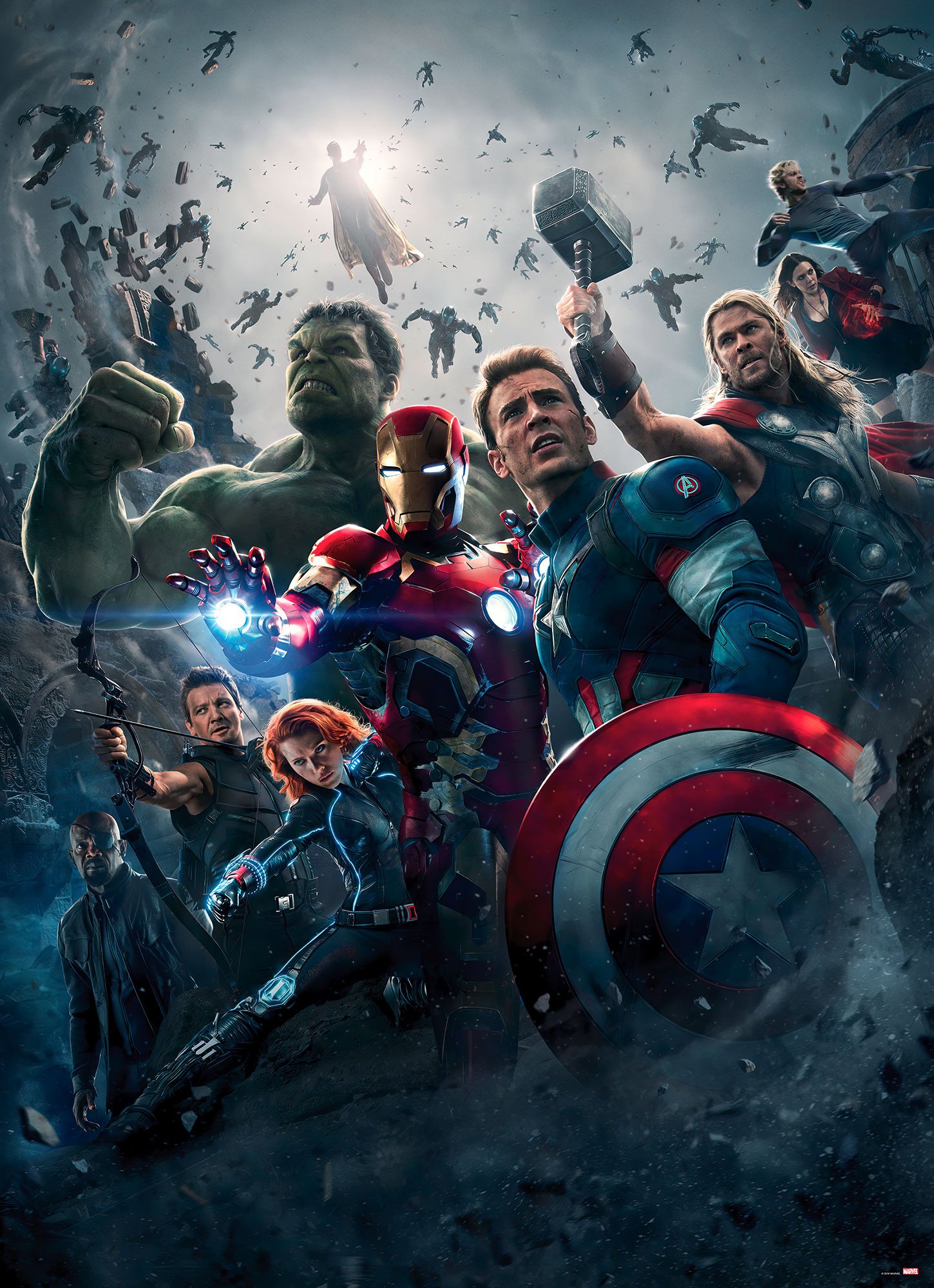

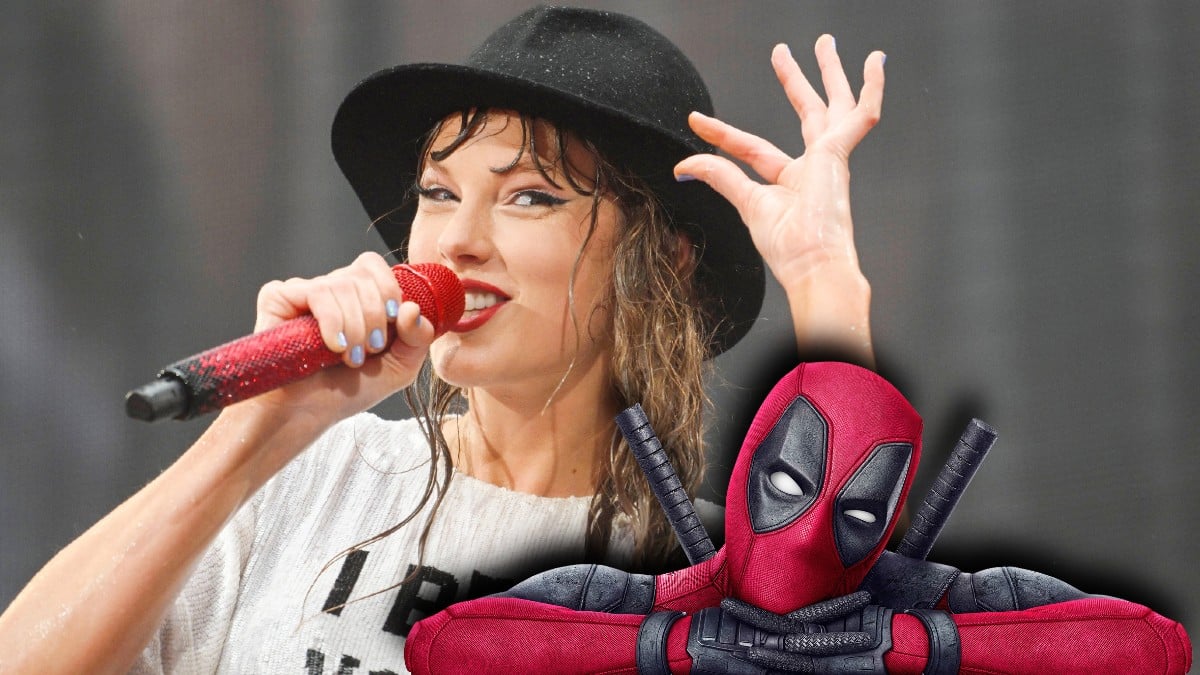
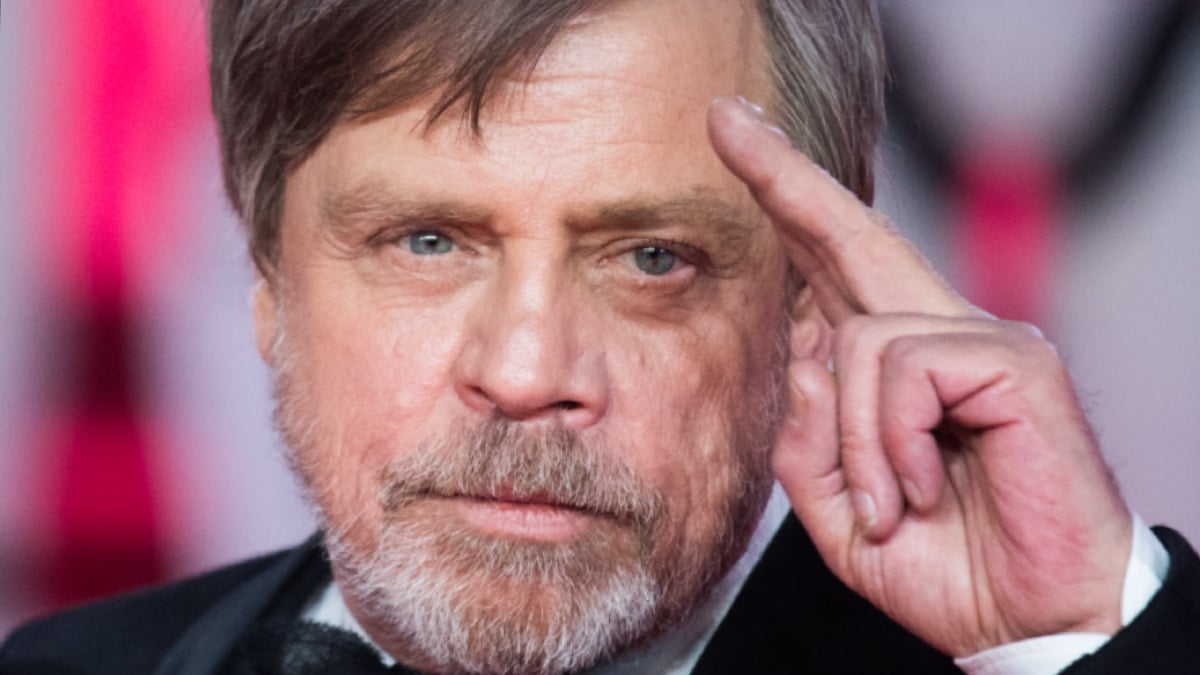
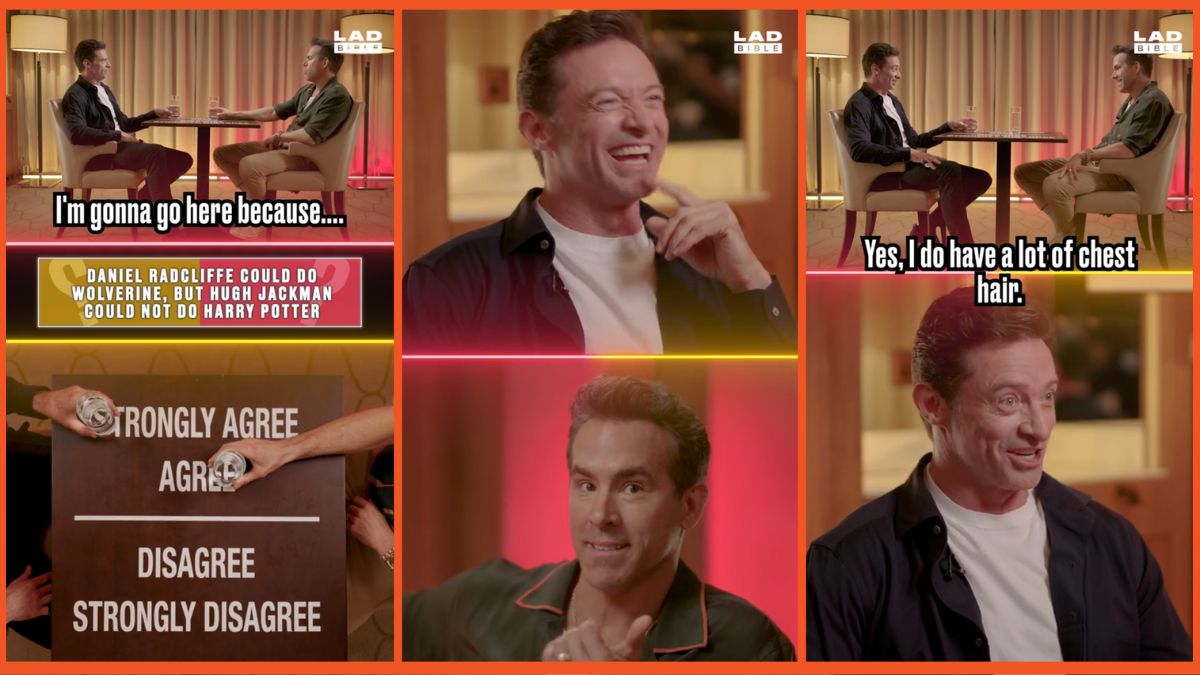
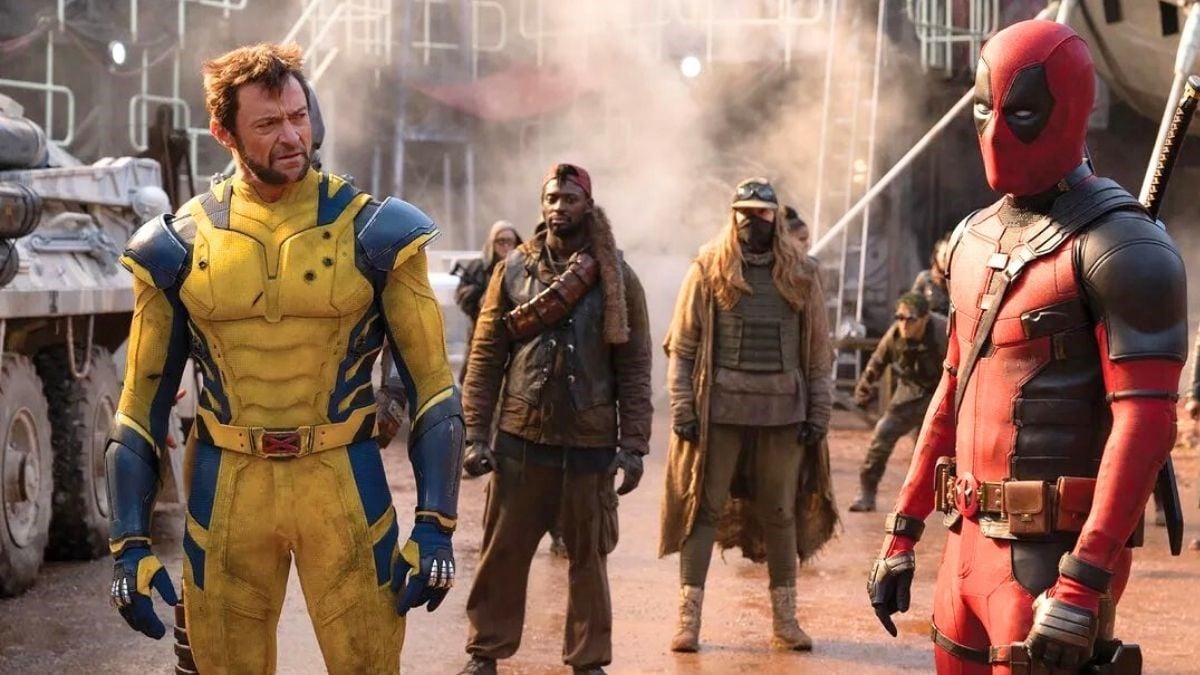
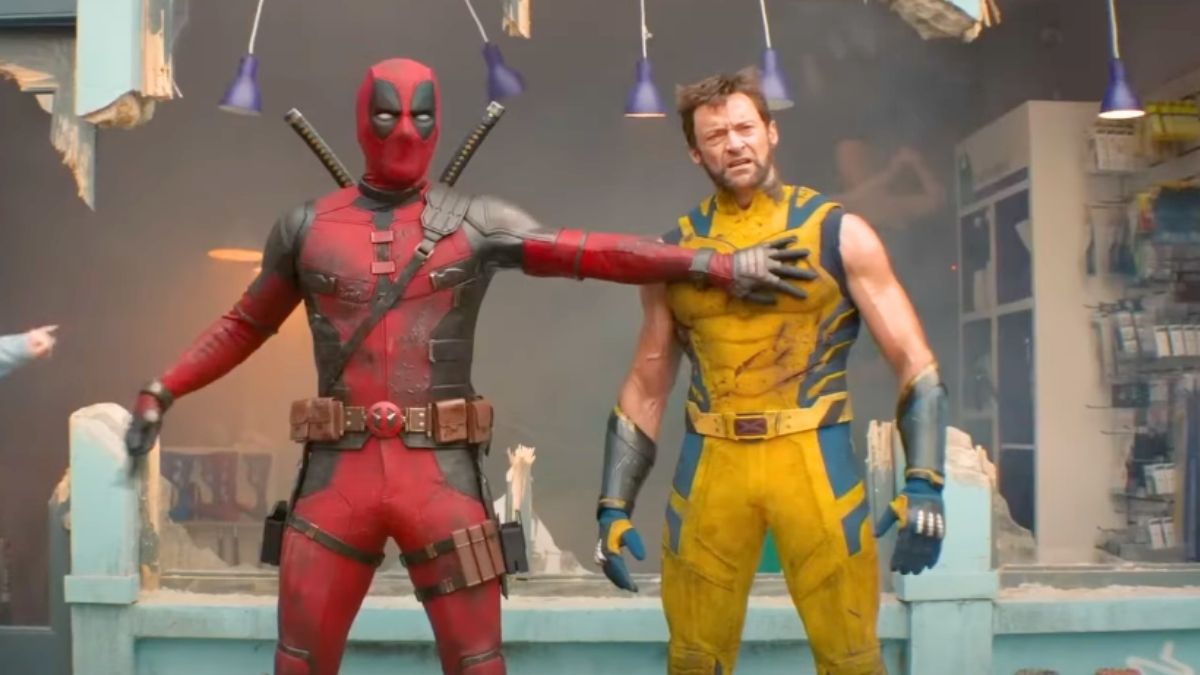
Published: Mar 17, 2016 01:57 pm